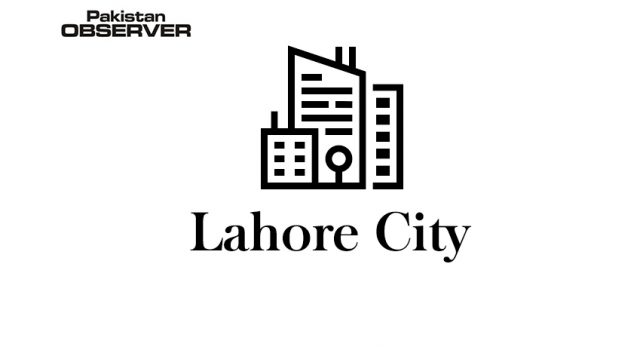The garment industry has started production following the announcement of the government to also exempt the textile industry from lockdown in view of providing financial relief to the workers.
Pakistan Readymade Garments Manufacturers and Exporters Association appreciated the exemption of textile industry from lockdown, pledging to take strict precautionary measures directed by the government and health experts during the operations.
PRGMEA regional chairman Sohail A. Sheikh and chief coordinator Ijaz Khokhar, in a joint statement issued here on Tuesday, welcomed the government decision to reopen the industry amidst prevailing coronavirus crisis.
They assured the government of chalking out the Standard Operating Procedures regarding health and hygiene of workers, ensuring the government to implement it at their all industry units strictly.
Ijaz Khokhar said that the opening of industry will retain millions of workers to their jobs, especially the women and poor, as the garment sector is labour intensive, employs more women, and provide jobs allowing for skills acquisition.
He said that trade and commerce activities were adversely affected by the Covid-19, hitting the working class the most. At this critical juncture the apparel sector was direly needed an economic stimulus plan along with relief package by the government to ensure the continuity of the production process. “We welcome the government decision of releasing refunds of Rs.100 billion to the industry, as this move will address the liquidity challenges faced by the exporters, improving cash flow of the garment exporters and ensuring that workers will also get their salaries on time.
PRGMEA Chief Coordinator said, that exporters were facing multiple problems due to shortage of raw material in markets amidst Covid-19 pandemic and lockdown in China which was posing serious threats to exports.
PRGMEA regional chairman Sohail A. Sheikh said that millions of dollar orders from foreign buyers have either been cancelled or postponed, pointing out that under the prevailing circumstances SMEs were direly needed government financial assistance adding that they need cash injection as quickly as possible.
“There was a great need of long-term and short-term plans to cope with the current situation. The government should focus on formulating sector wise policies for boosting the exports of the country.”
Sohail A. Sheikh added that the government should announce special incentives and concessions for the export sector, enabling it to continue business activities without any hurdle as well as avoiding closedown of their businesses.
PRGMEA leadership also hailed the government for lifting ban on goods transport for maintaining uninterrupted supply of goods. “This relaxation is part of government’s efforts to save the country from impending economic challenges, as even developed economies of the world had failed to foresee the coronavirus challenge.”
He said that the recession is not limited to Pakistan but also in developed countries like Europe and US where big buyers are also filing bankruptcies. Countries like India and Bangladesh are also crying as the entire textile chain is halted and the situation is alarming.
The country needs to protect the jobs of millions of workers who are directly, employed which can only happen if industry stays afloat. He said that exporters were more worried about workers instead of their businesses, as they cannot survive without any income.









